7 Ways Alcohol Affects Your Health

Intro

An apple a day keeps the doctor away, but what about a beer a day? Or for that matter, a glass of wine or even a shot of hard liquor?
It's well-established that drinking too much, even every once in a while, is bad for you, but there's often uncertainty regarding how moderate drinking affects health. There are some negatives, and some positives, so decisions about whether to drink really depend on people's individual situations, said Dr. Sam Zakhari, the director of the metabolism and health effects at the National Institute of Alcohol Abuse and Alcoholism.
But first, establishing what "moderate drinking" means is key for anyone looking for health benefits associated with alcohol, Zakhari said. For men, moderation means no more than two drinks a day, while for women, moderation means no more than one drink a day. Zakhari emphasized that drinking seven drinks in one day, and not drinking the rest of the week, will have dramatically worse effects on health, even though it averages to the same levels of consumption.
According to Dr. Robert Gish, of the University of California, San Diego School of Medicine, moderate levels can be a bit higher daily, at one and a half drinks for women and two to three drinks daily for men. But it's important to take a couple days off each week from drinking at all, Gish said.
Even though drinking at moderate levels has some benefits, as soon as people start drinking more than the recommended amounts, benefits diminish quickly, and problems arise, Gish said.
"If you tell people they can have a drink, or a drink and a half a day, they tend to overconsume," Gish said.
Zakhari noted that one drink is equal to one bottle of beer, one glass of wine or one shot of liquor. Drinking a large glass of wine counts as two drinks, not one. But, he added, because the benefit is from the alcohol itself, positive results can come from habitual, moderate consumption of any of these types of alcohol.
Get the world’s most fascinating discoveries delivered straight to your inbox.
"A drink is a drink is a drink," he said.
Here are some of the health effects of moderate drinking — there are some benefits, but also some harms.
Decreases risk of heart disease and heart attack
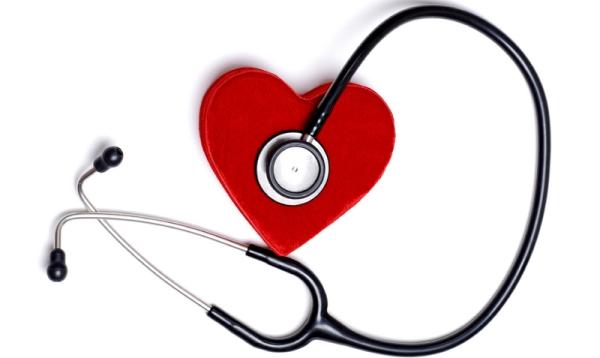
When consumed in low doses, alcohol can reduce blood pressure, though when consumed in excess, in can have the opposite effect.
Additionally, alcohol helps to clear fat from the arteries, and reduces the blood's tendency to clot, Zakhari said. These effects help to limit the chances of heart disease and heart attack. Inflamed arteries that block blood flow are problematic for the heart, as it doesn't receive the oxygen it needs. Alcohol consumption encourages smoother blood flow, thus lowering the risk of heart disease.
Red wine also has the added effect of lowering cholesterol levels, although that benefit is specific to that beverage, Gish noted.
Reduces risk of stroke

For the same reasons that moderate drinking can lower the risk of heart attack, it also reduces risk of certain types of stroke.
The most common type or stroke, called ischemic stroke, occurs when a vessel bringing blood to the brain gets "clogged," Zakhari said. "The alcohol helps the blood go to the brain, and therefore it reduces stroke."
The other type of stroke, hemorrhagic, occurs when blood seeps out of a brain blood vessel. Because alcohol thins blood, it actually makes this type of stroke worse, but because hemorrhagic strokes only account for 20 percent of all strokes, there is still a net benefit, Zakhari said.
The benefits of alcohol on heart disease and stroke allow some people to argue that moderate consumption is associated with longer lifespan.
How well you sleep at night
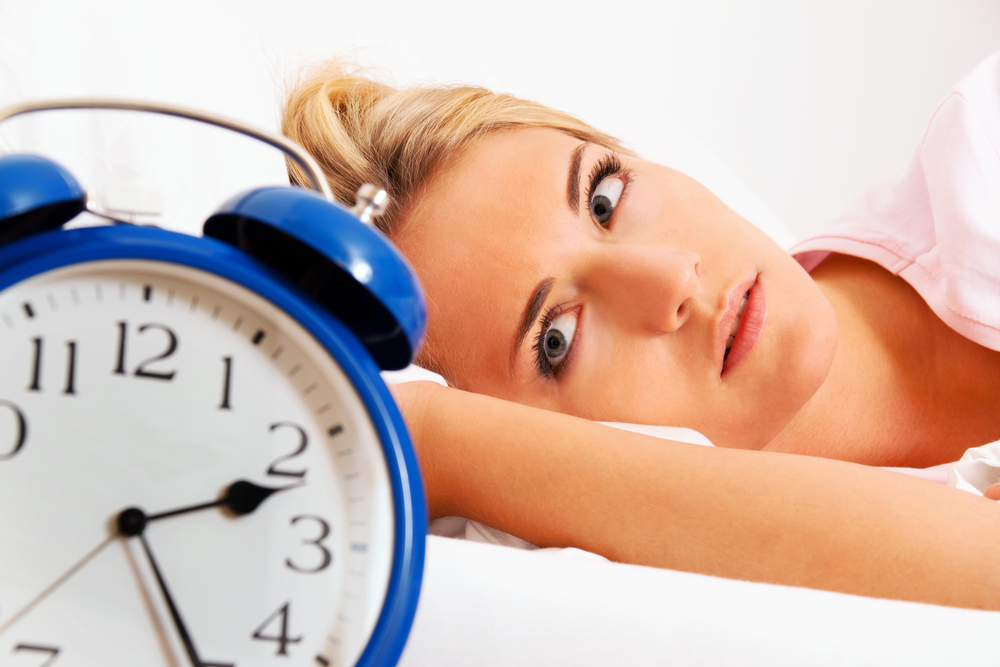
A glass of wine may be a pre-bedtime routine for some, but it's important to understand how the alcohol affects your sleep. For most people, one serving of alcohol before bed will have no effect on sleeping. But more than one drink might — alcohol helps people fall asleep, but makes it more likely they'll wake up during the night.
"You will sleep faster, but not better," because alcohol interferes with REM sleep, Zakhari said.
Additionally, people often use an alcoholic drink as a means to fall asleep, particularly if they've drank lots of caffeine during the day, Gish said. This combination may seem to work on the surface, but it is not a healthy in the long run, Gish said. He tells patients with sleep problems to cut all alcohol and caffeine out for two weeks to understand where the problems lay.
Slight diuretic effect
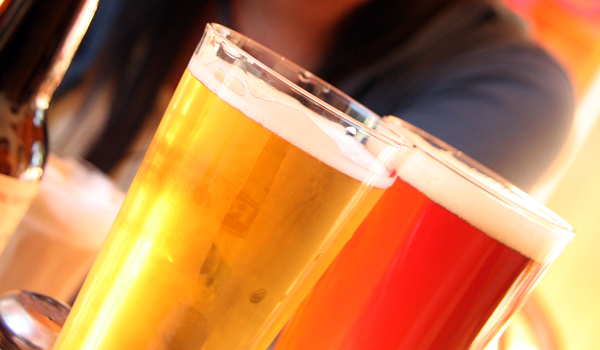
Alcohol is a diuretic, meaning that one of its effects is to encourage water to leave the body more quickly. Heavy drinkers can become dehydrated, and people tend to go to the bathroom frequently while drinking.
In modest amounts, this slight diuretic effect is not harmful, Zakhari said. However, if a person is already slightly dehydrated before having a drink, perhaps from heat or from working out, the effect will be more apparent.
The effect is strongest in beer, Gish said, and is less obvious for hard alcohol or wine.
Another reason why drinking alcohol is often associated with being dehydrated is that people tend to snack on salty foods when drinking, which contributes to dehydration, he noted.
Enhances social interactions

While drinking too much is often has a detrimental impact on relationships, drinking moderately can often enhance social interaction, Zakhari said.
"It enhances cognition, so it makes people more convivial and enhances social interactions," he said. For people who drink in a bar, strangers often start conversations, and there are lots of jokes and laughs, he said.
However, the change in behavior can go both ways, Gish cautioned.
"A lot of believe that alcohol is psychotropic it changes people's mood states," he said. It can make them more pleasant, or more irritable, depending on the individual, he added.
Interferes with medications
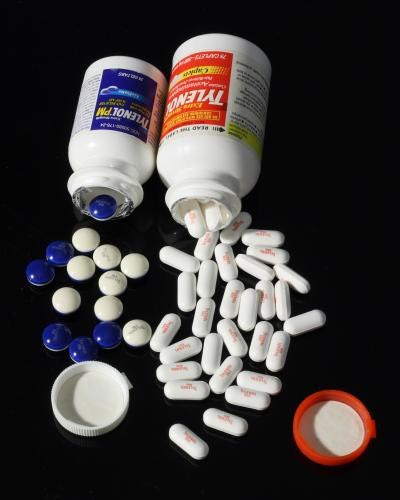
Even at moderate levels, alcohol consumption can interfere with medications in possibly dangerous ways, Gish said. Alcohol is processed by the liver, and when alcohol and other compounds are present in the body, alcohol takes precedence.
This means that other medications which are also processed in the liver, will not be broken down as quickly, so people will feel their effects much more strongly.
This can especially be a problem if the body becomes accustomed to needing to filter out alcohol consistently, because this will cause the liver to rev up its breakdown processes. Then, if someone stops drinking for a few days, the liver will process medications too quickly, which can have dangerous effects, for example, for people who take medication to prevent seizures, Gish said.
The common pain reliever acetaminophen (found in Tylenol) is filtered from the blood by the liver. People who drink any alcohol should limit their use of Tylenol.
"Tylenol is the safest pain medicine in the world, provided you stay at the limit," Gish said.
How much your children drink
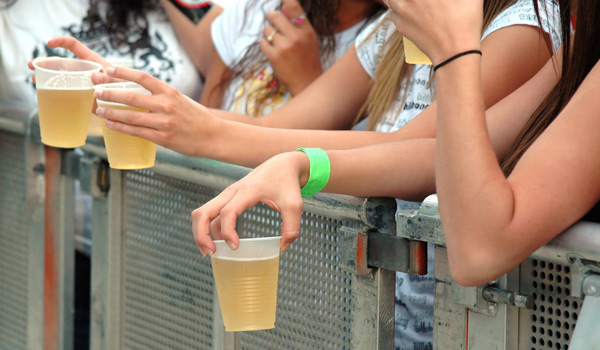
Alcoholism is partly genetic, so family history is commonly associated with people's risk of the disease. However, whether you choose to drink can still affect your child's decision on imbibing, regardless of risk of alcoholism.
"If you grow up with parents who pray before dinner, you'll pray before dinner," Zakhari said, stating that the same situation occurs in children imitating how much their parents drink.
Choosing to drink moderately, however, can result in kids imitating such behavior later in life, so they could also benefit from the positive effects of alcohol.
Follow MyHealthNewsDaily on Twitter @MyHealth_MHND. Find us on Facebookand Google+.


